Baldur's Gate 3 has ruined Starfield for me
Bethesda's latest can't help but feel shallow by comparison.
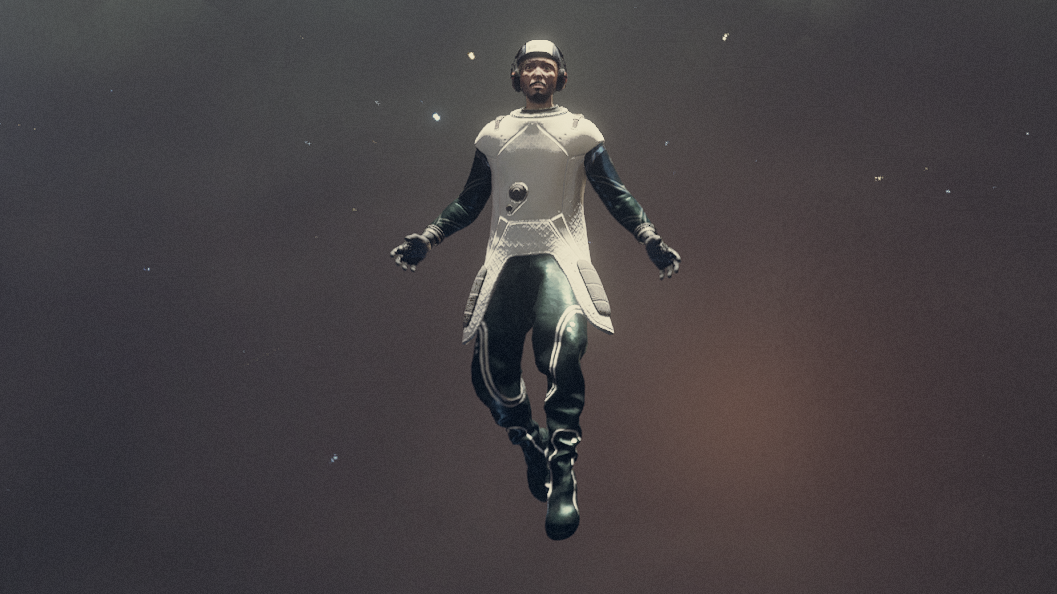
When The Outer Worlds was first announced in 2017, I was super excited. A new Fallout-like game from the studio behind all-time classic New Vegas? What a pitch! But when we all got to play it two years later, the experience was muted, and I ended up putting barely a few hours into it before realising I just didn't care enough to continue.
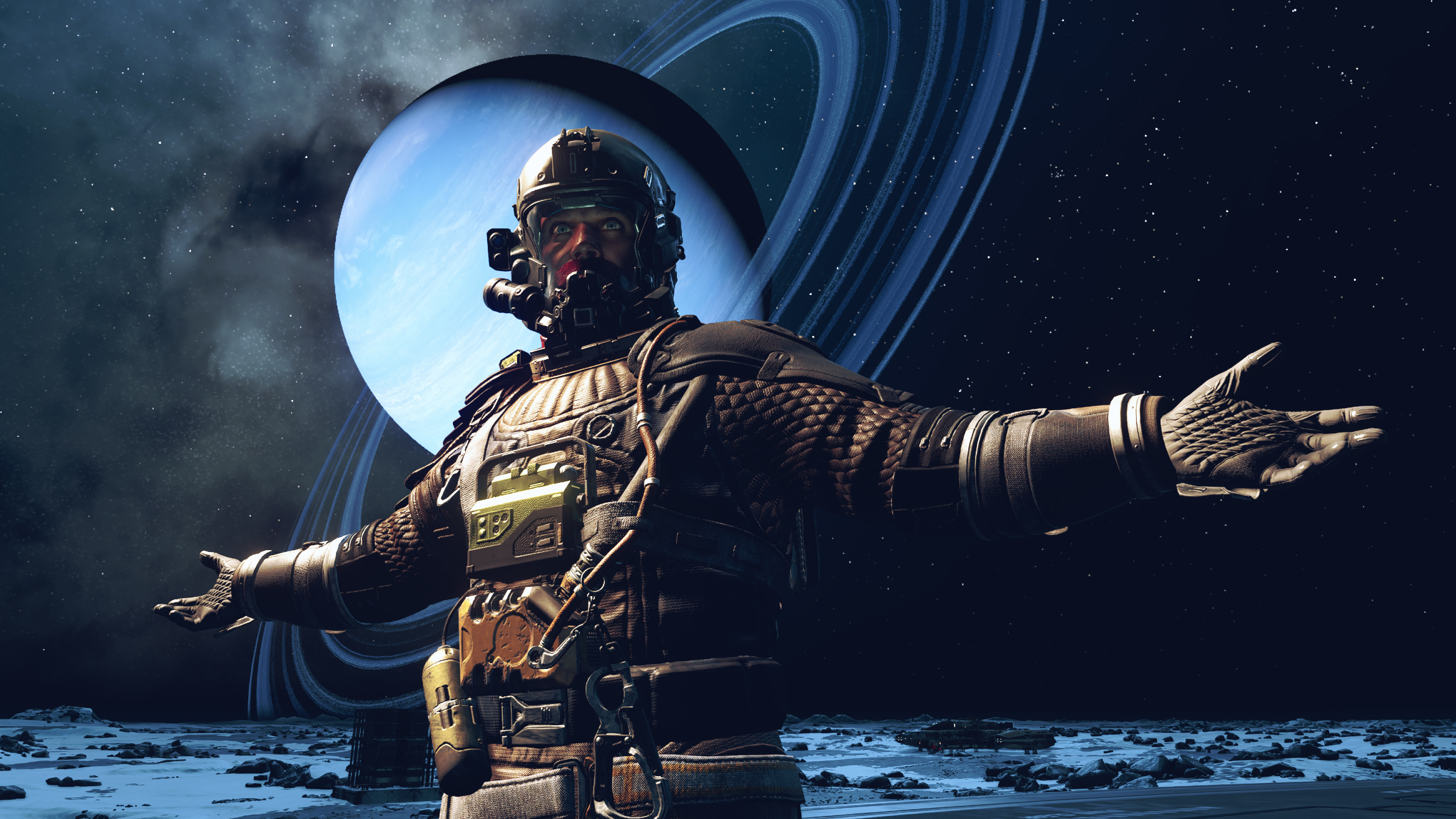
Starfield guide: Our hub of advice
Starfield console commands: Every cheat you need
Starfield mods: Space is your sandbox
Starfield traits: The full list, with our top picks
Starfield companions: All your recruitable crew
Starfield romance options: Space dating
It wasn't that it was a bad game, but it wasn't a very innovative one, and that meant its timing couldn't be worse—because just ten days earlier, Disco Elysium had arrived and absolutely blown the doors off the RPG genre. As Fraser noted at the time, The Outer Worlds could only seem limp by comparison.
Now I'm getting the exact same feeling playing Starfield right after Baldur's Gate 3.
BG3 is the kind of RPG you dreamed was possible as a kid. A rich fantasy adventure with the freedom of a D&D campaign—it feels like you can be whoever you want to be and do whatever you want to do, and the world will always be one step ahead of you with a clever and surprising reaction.
On the face of it, Starfield's pitch is even more the stuff of childhood daydreams: an RPG where you can jump in a spaceship, fly anywhere in the galaxy, and set foot on hundreds of different planets. A hugely ambitious prospect—but if any studio has the resources and the experience to make something so enormous, it should be Bethesda. What we've got in Starfield, however, is an oddly bland and compromised version of that idea—and where Baldur's Gate 3 is a huge step forward, Starfield feels deeply stuck in the genre's past.
Quest practice
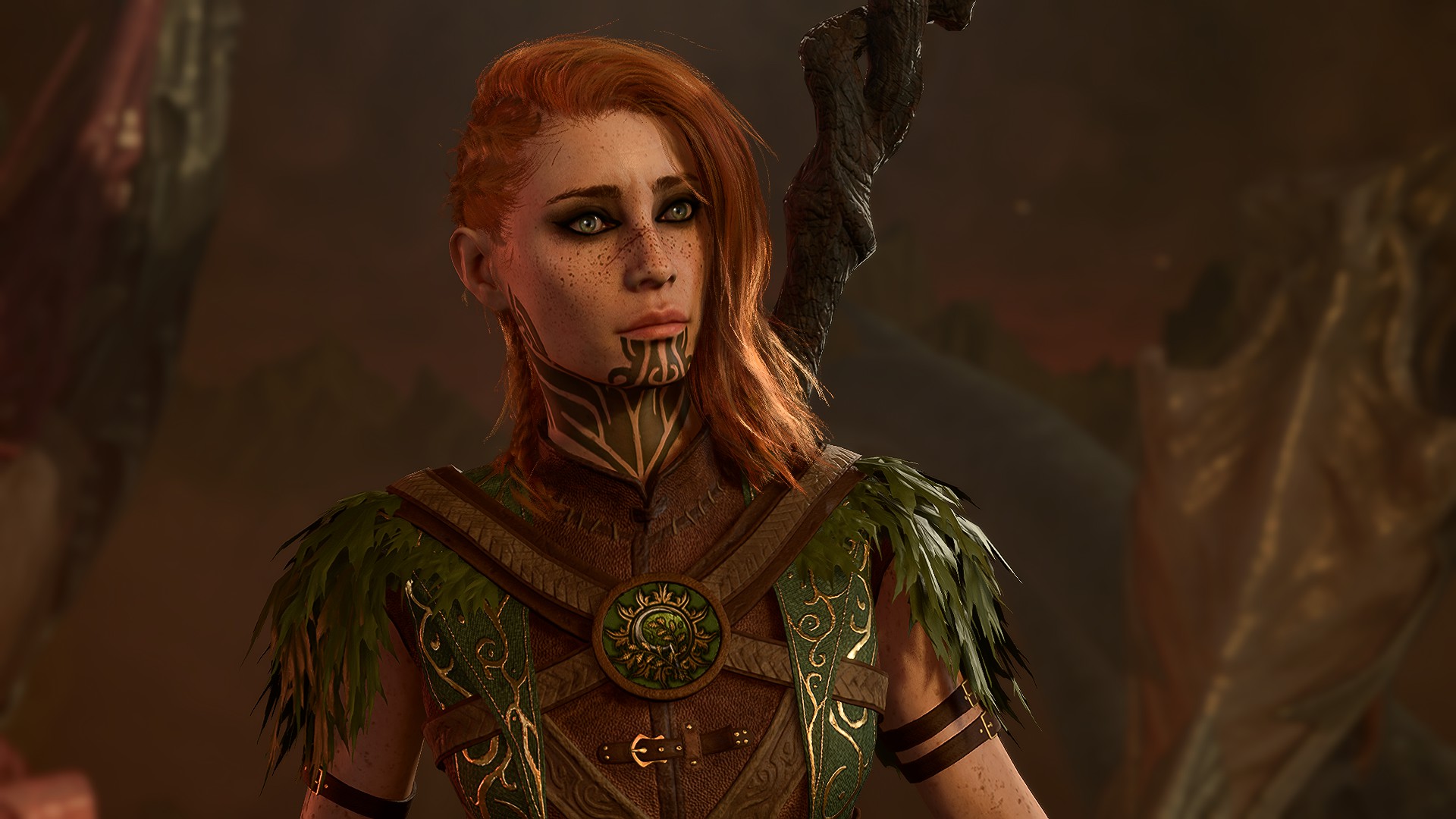
Presented with situations like these, I can't help but think of the wonderful chaos of Baldur's Gate 3's quests.
Take Starfield's quest design, for example. Though the game is ostensibly all about player freedom, in practice that's only the freedom to choose which thread you want to pull at next—once you've actually started a quest, you're strangely on rails. More often than not, there's only one way to complete whatever task you're assigned, and if that's something you're no good at or don't want to do (such as the many that involve breaking and entering), you're simply out of luck.
Where there are choices, they fall again and again into the exact same pattern: succeed at a Persuade check to bypass all obstacles, do the thing as intended, or shoot everyone. Where there is a major choice, it'll be of the 'save the orphans or burn the orphanage down' variety, but even those basic moral conundrums appear only rarely.
The biggest gaming news, reviews and hardware deals
Keep up to date with the most important stories and the best deals, as picked by the PC Gamer team.
Presented with situations like these, I can't help but think of the wonderful chaos of Baldur's Gate 3's quests. Even the most seemingly small task is richly layered, and built with delightful reactions to even your most out-there approaches. A group of ogres in a ruined village can simply be fought, but if you engage them in conversation they can be intimidated, deceived, charmed, or bribed, will react differently based on other things you've done in the world up to that point, and you can even raise and interrogate the corpse of one of their victims for more information. And that's an encounter you only even have if you've found one of many peaceful ways into the village in the first place.
Free bird
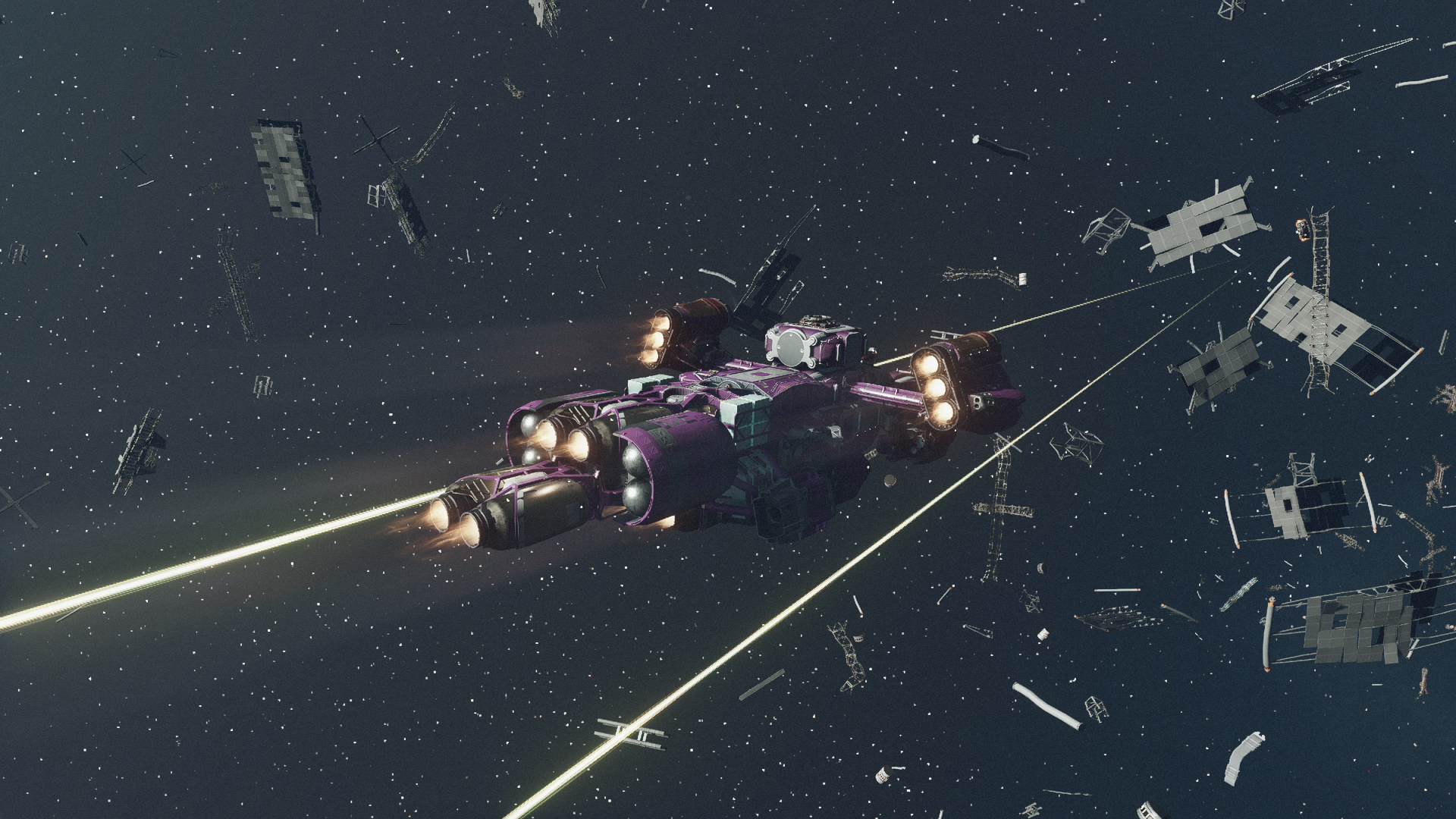
NPCs don't react to your actions outside of narrowly scripted sequences.
BG3 is designed from the ground up for this kind of freedom. Your items, spells, and abilities are tools with which to prod and poke at the environment, encouraging unexpected solutions to problems—whether you're chatting to a squirrel with Speak with Animals, blocking poison gas vents by chucking bits of furniture onto them, or flying over an obstacle entirely after shapeshifting into a bird.
Starfield has none of that spirit, and though I would never have expected it to be such a dense sandbox, in 2023 it's disappointing to find out how uninteractive huge swathes of it truly are. NPCs don't react to your actions outside of narrowly scripted sequences; largely they hang out on completely static sets. Your only tool for poking at the world is a gun—fire it at someone, and they'll fire back. That is, if they weren't already firing the minute you walked through the door.
It's disappointing compared to a revelatory experience like Baldur's Gate 3, but it's not even really living up to Bethesda's own standards either. 15 years ago, Fallout 3 had more interesting environments than this, full of computers to hack, turrets and robots to take control of, unique notes and audiologs to find, traps to subvert, and factions to side with. I've made fun of Bethesda's approach to environmental storytelling before (we should aspire to greater subtlety than two posed skeletons with a note next to them) but at least it was storytelling. Starfield is a world of repeating rooms full of angry bandits and randomised loot.
Frosty reception
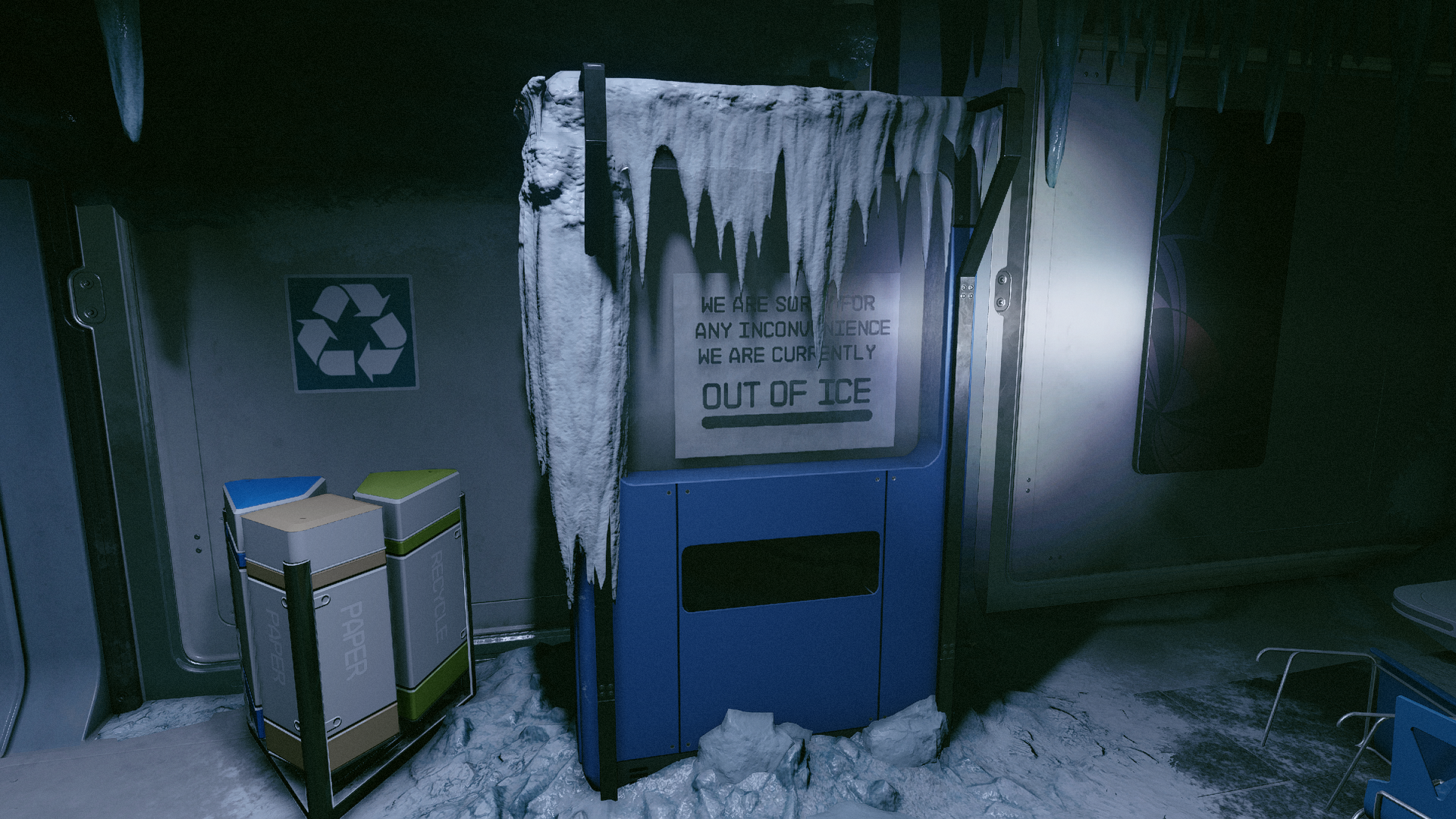
Later, I discovered why this laboratory seemed so thin, when I encountered it's exact duplicate on another planet. And then again on another planet.
Early on in the game, I discovered a laboratory frozen in ice, taken over by bandits. At first, I assumed I'd stumbled upon something equivalent to one of Fallout's Vaults—a self-contained story to pick through and piece together. Some small elements pointed in that direction—dead scientists scattered around, a series of emails with sinister implications, a fun little joke on the ice machine. But as I delved further, I couldn't seem to find any real depth, any unique items or interactable NPCs, or any kind of end goal to the area, and eventually I gave up a little baffled. Later, I discovered why this laboratory seemed so thin, when I encountered its exact duplicate on another planet. And then again on another planet. It wasn't a Vault, it was a block of content for the procedural generation algorithm to spit out as a backdrop for yet another bandit fight. After that, I started noticing the same phenomenon everywhere—even locations used for main quest missions repeat on random worlds, explaining why they're so uninspired in design.
It's all a consequence of that need for scale. With so many explorable planets, it's simply not possible to fill them with crafted content. Each of Baldur's Gate 3's three Acts is probably no bigger than one Starfield planet in terms of geographical area—the compromise the game makes for its density is to be smaller in scale. But surely that's the superior compromise? Either way you're getting 100+ hours of RPG content, but BG3's approach is all killer and Starfield's is all filler.
Lost in space
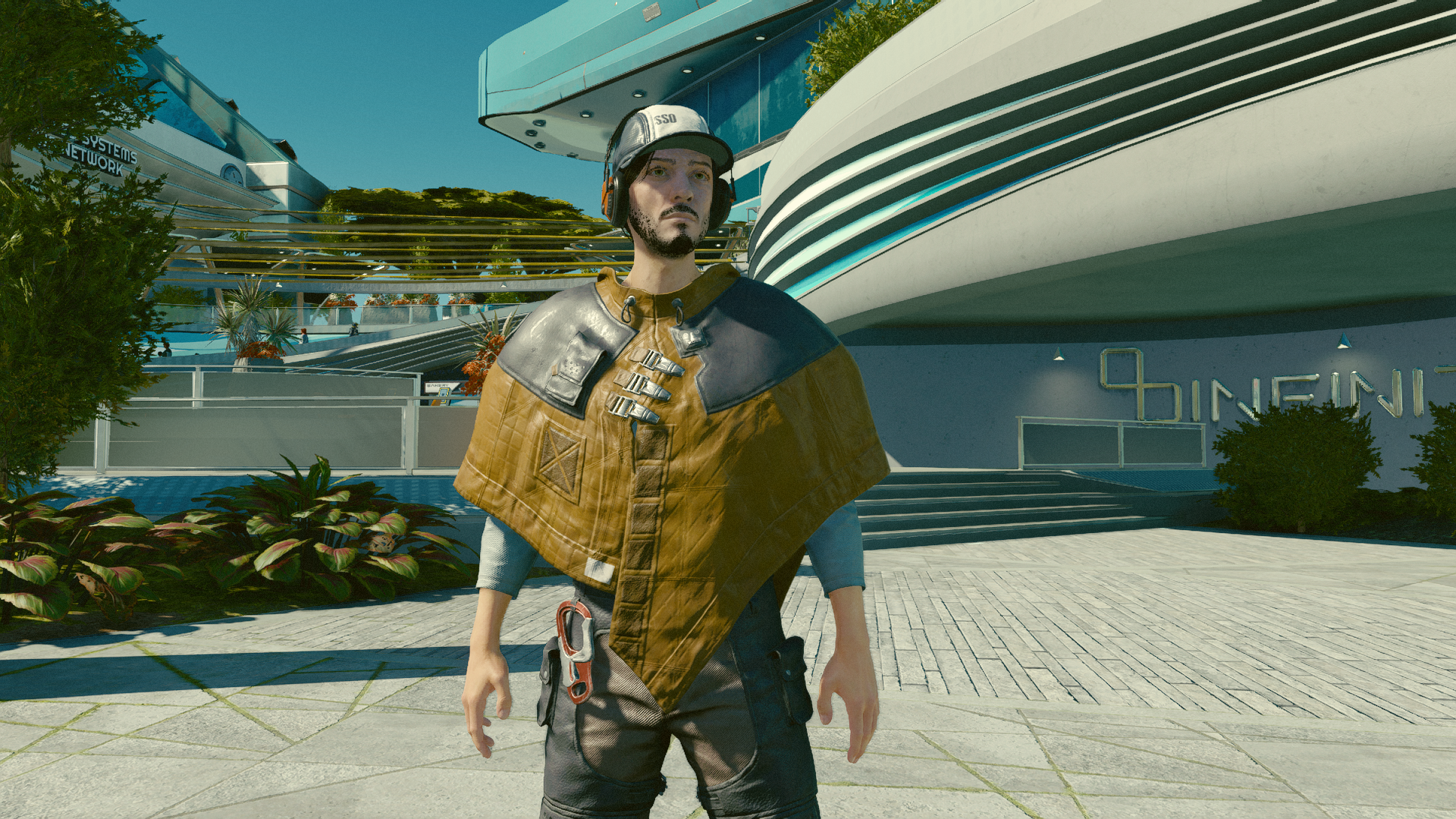
It makes no difference that I'm a Pilgrim rather than a Chef, and even having Alien DNA has proven to be completely unworthy of comment.
What's really lost along the way is any sense of actually playing a role. In Starfield, no one really cares who I am, other than that I'm the magical alien artifact chosen one or whatever. The choices I make in character creation have almost no bearing other than a few very specific event-generating traits like Kid Stuff—outside of one or two lines of dialogue, it makes no difference that I'm a Pilgrim rather than a Chef or a Bounty Hunter, and even having Alien DNA has proven to be completely unworthy of comment beyond a few doctors offering to remove it for me once I realised what a mechanical impediment it is.
The choices I make in play feel similarly irrelevant. No faction cares whether I've already joined another faction, or what jobs I've done along the way, as long as my bounties are all paid off. The only metric of my impact on the galaxy is whether my companions—a group of sycophantic robots with frustratingly similar moral codes—are repulsed by me or not.
It's such a far cry from the way that Baldur's Gate 3 lets your character make their own unique mark on the world, through class and race-specific dialogue, complex relationships between factions, fully-rounded party members, and more. In BG3, I'm not just the hero of the story, I'm a character in it. Starfield feels like a big, empty theme park by comparison.
It's not just a game set in a vacuum, it feels like it was created in one too—completely isolated from the last decade or more of RPG design, and not even in enough of a dialogue with Bethesda's own past games. What should be one of the most exciting games in years instead just feels behind the times, and at this point every encounter I have just makes me wish I was back in Faerûn.

Formerly the editor of PC Gamer magazine (and the dearly departed GamesMaster), Robin combines years of experience in games journalism with a lifelong love of PC gaming. First hypnotised by the light of the monitor as he muddled through Simon the Sorcerer on his uncle’s machine, he’s been a devotee ever since, devouring any RPG or strategy game to stumble into his path. Now he's channelling that devotion into filling this lovely website with features, news, reviews, and all of his hottest takes.